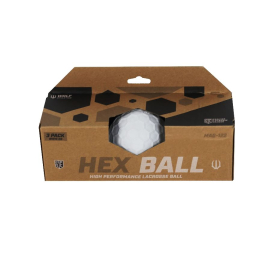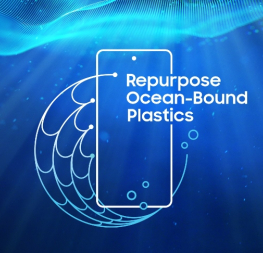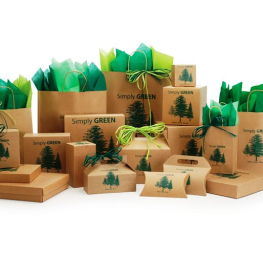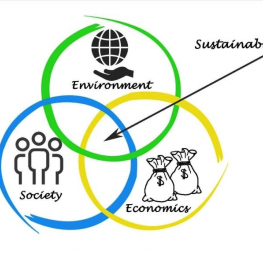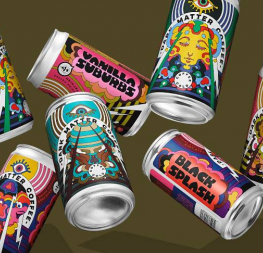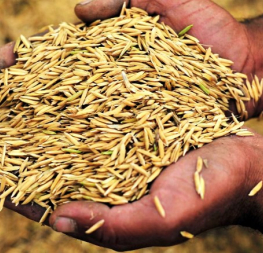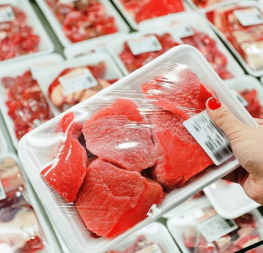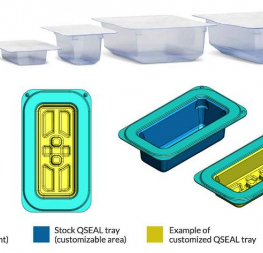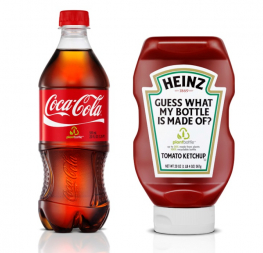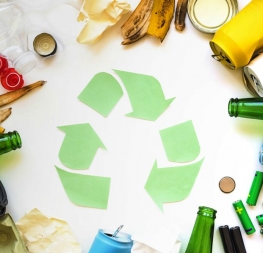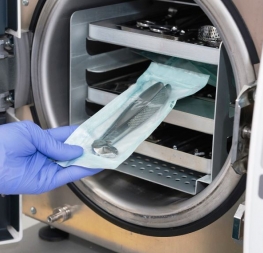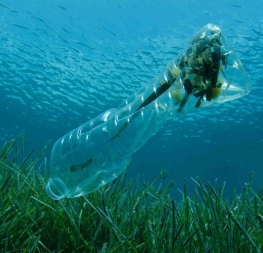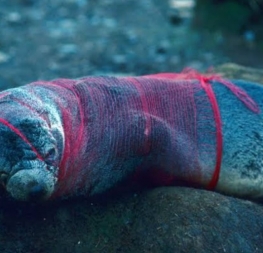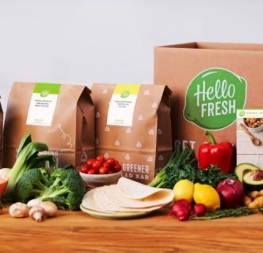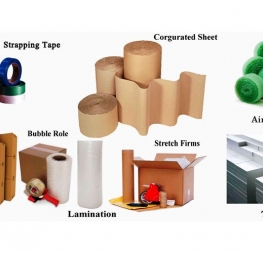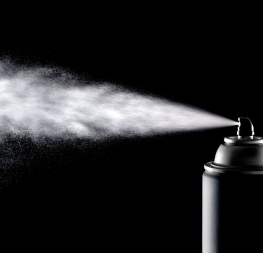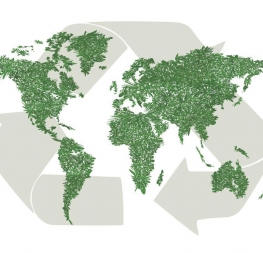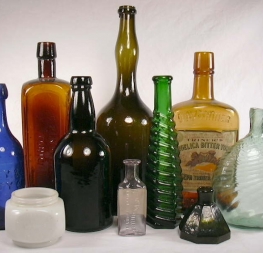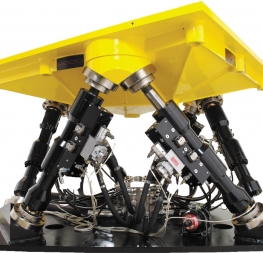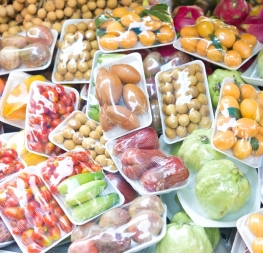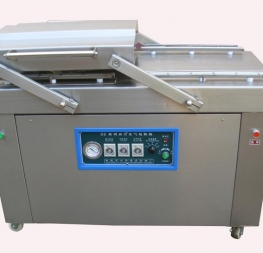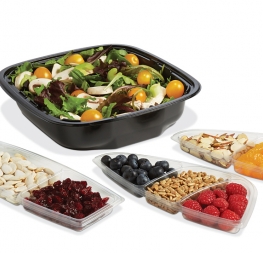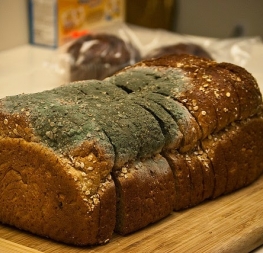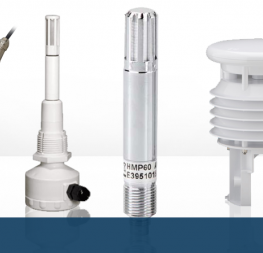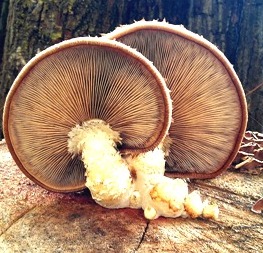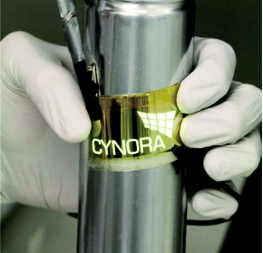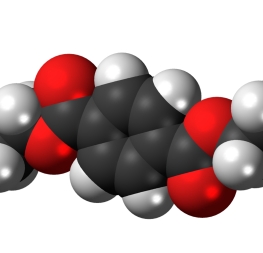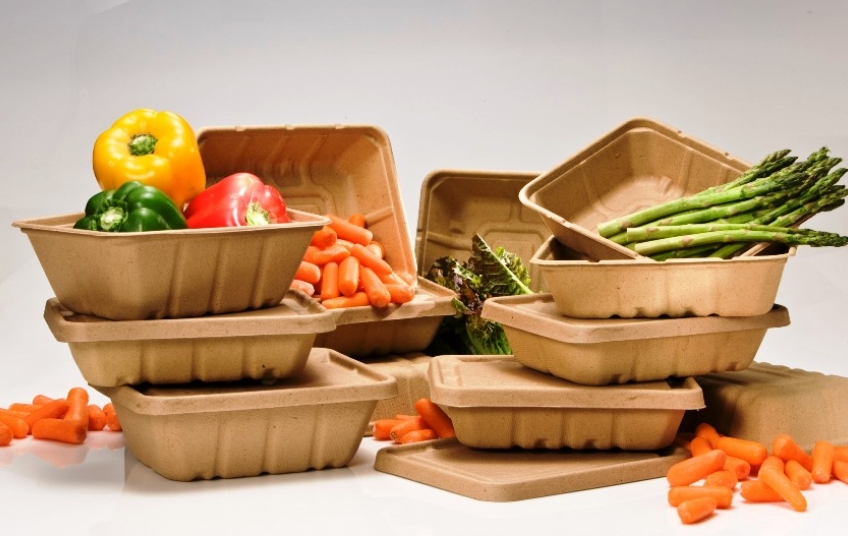The packaging industry is coming under scrutiny as global environmental issues continue to demand awareness. Plastic in the oceans and litter filled cities are often brought up as examples of the harm that can be done by mass industrialization and manufacturing. Consequently, it lays on the part of the producers on the front of consumerism to promote eco-friendly processes and materials. Packaging innovation is just as important as product innovation in the modern age with respect to the environment and its resources.
Edible Packaging
One way of reasoning to get rid of the packaging your food may come in is if it was edible too. In Indonesia where microplastics contaminate 76% of drinking water and pollute the air, a small local company created an edible wrapper made completely from seaweed. The edible invention could serve as a substitute for some of the lighter plastics used in food packaging and the company is already seeing demand for the alternative coming from outside of Indonesia, perhaps by companies in the United States and Canada curious to research the uses of seaweed in food packaging. Companies such as Evoware have already engineered edible burger wrappers and instant coffee sachets, instant-noodle seasoning sachets. In addition, seaweed is considered a halal food and since most of the Indonesian population is Muslim, this is important. Even with all the benefits, edible packaging faces a big drawback in terms of price. It is still much cheaper to produce plastic than it is to import and adapt seaweed into most of the industrial countries or adapt seaweed-based processes.
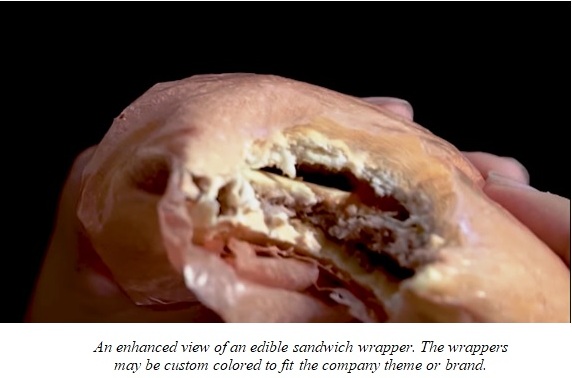
Cassava Starch Bags
Similarly, a biologist in Bali, founded a solution to the large deposits of garbage contaminating the coastlines of the island. The island is replete with cassava plants, so far as to have a surplus, which contains a rich starch that he used to create a bioplastic bag. He put it through the exact same process as the regular bag: first a blowing mold, a cutting machine, and finally a sealing machine. However, the process came in at just 4 cents more than the traditional plastic material, this difference is enough to deter foreign investors and production companies from adapting the technology and revolutionizing the plastic industry. If such technologies were to be adapted at the industrial level, vast resources would open for other uses such as agricultural. Most importantly is that these bags are biodegradable within minutes and can be used as fertilizers. The biologist has visions of a closed sustained society in which economy, environment, and efficiency are maximized, yet balanced.
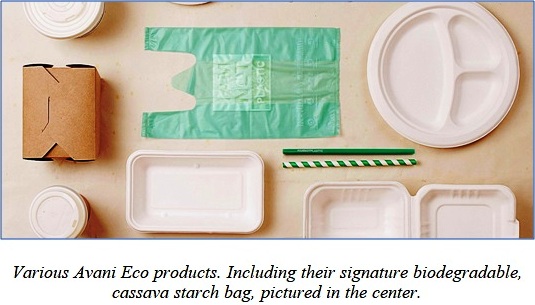
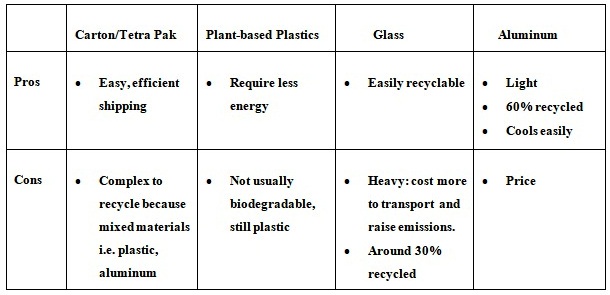
Alternatives to Plastic Water Bottles
Disposable water bottle packaging is the face of environmental press for concern. The public is frequently bombarded with the dangers posed by plastics floating in the sea via the media or documentaries. It seems that one of the most beneficial materials to the economy is the one that is doing the most damage to the environment. Packaging experts are not the first to think about alternatives to plastic bottled water (nor are they responsible for the fraud inception of the plastic water bottle). However, the materials and processes have proven more than satisfactory to keep around, so it is not going away anytime soon. Again, it is on the hand of the brilliant packaging engineers to design cleaner methods to protect, deliver, and promote their company’s product. With plastic bottled water, there is almost a direct connection to an individual’s lifestyle. Sadly, the plastic beaches are reflections of a throwaway lifestyle chosen by the many. Aluminium water bottles pose a solution for those that engage in sustainable lifestyles. More than anything these products go beyond shelf life, extending as part of a person’s habits. It is not those that are indifferent to environmental issues that will conform to this choice, but if a change is to be made, it must start small. It is estimated that by 2050, at the rate it is now, plastic waste will outweigh marine life in the world’s oceans.
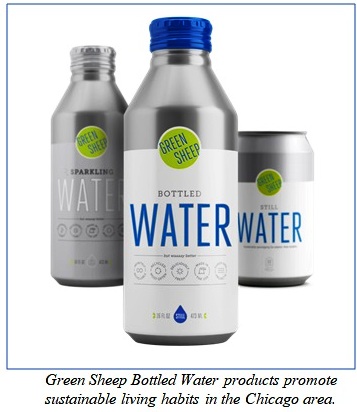
Cocoform
Enkev is a Dutch company that has a long history of natural material research and technologies under its belt. To face the challenges of biodegradability, flexibility, and transportability, they developed Cocoform, a natural fiber made from coconut. It is bound naturally and with natural latex tree. The fibre itself is moldable, stackable, durable, reusable, and biodegradable in nature. Not only that, it stands out alongside competitors packaging. Cocoform also possesses great protective qualities making it especially useful as an egg carton.
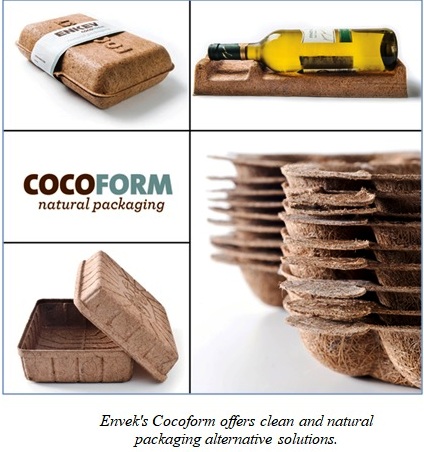
As technology propels society and capitalism into the future, packaging, heralding its advent, humans will have to learn to utilize their resources more efficiently. Oftentimes, these ugly problems can lead to beautiful or elegant solutions. It is up to all of us to acknowledge packaging and where it comes from, where it goes, and become more aware of global citizens altogether.
References
http://www.enkev.com/en/market/packaging_22/
http://www.enkev.com/en/process/moulding_14/
https://www.quora.com/What-are-the-better-alternatives-to-plastic-bottles-used-to-package-water
https://www.cursor.org/business/2017/10/23/edible-seaweed-plastic-wrap.html
http://sea-globe.com/indonesia-cassava-starch-bag/
http://www.enkev.com/en/company/#about-us
http://www.evoware.id//product/ebp
http://www.evoware.id//assets/galeri/lampiran_download/Seaweed-based%20Packaging%20Price%20List_USD.pdf


